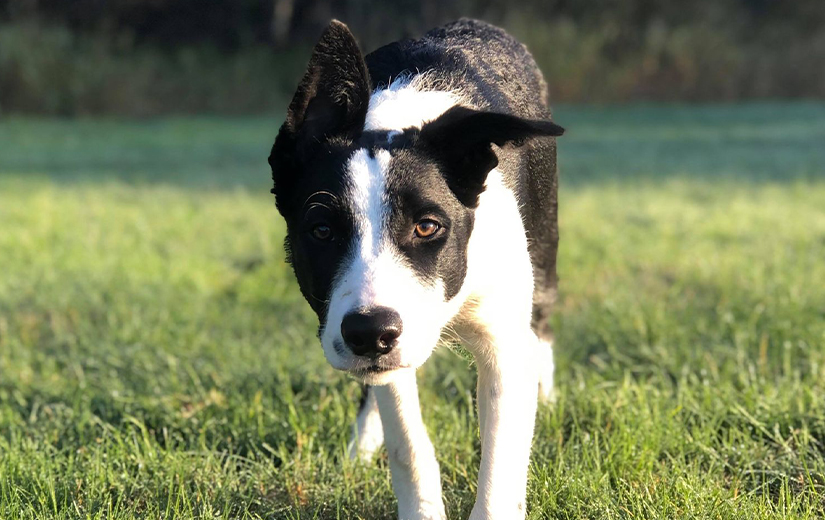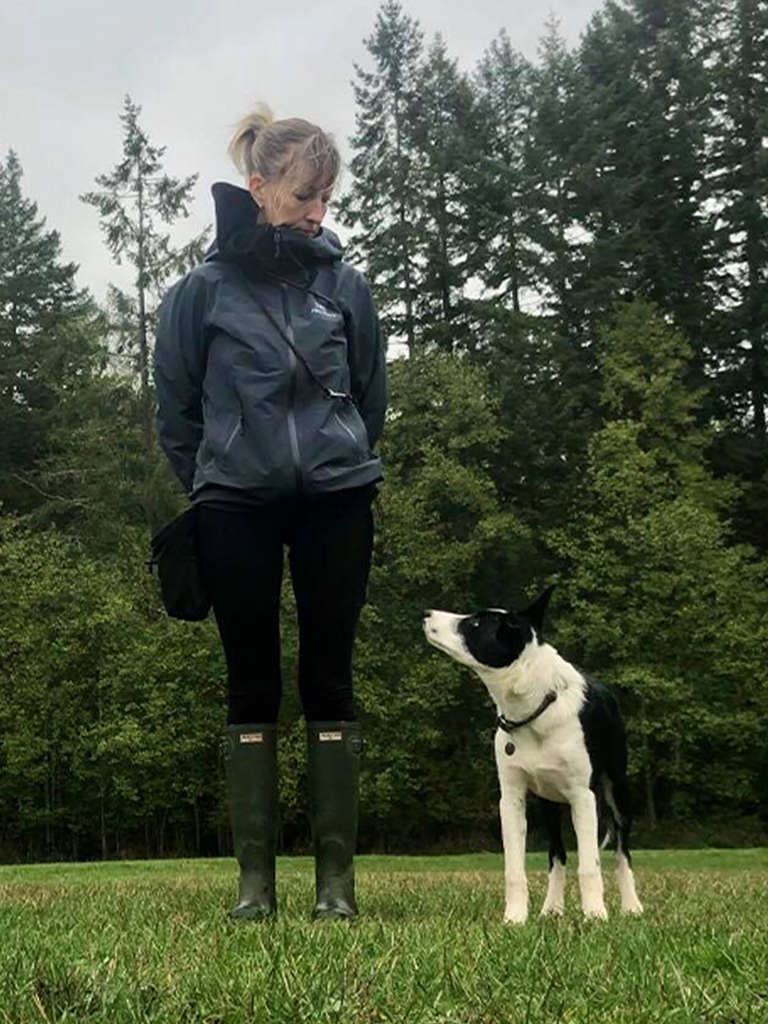Kind Corner: Building a good relationship with your newly adopted rescue dog


Getting to know your new rescue dog might bring up some unexpected challenges. Emily Priestley, owner and trainer at Wild at Heart, writes about how to develop a good relationship with your new dog.
Let’s get reading!
Building a good relationship with your newly adopted rescue dog
Bringing home your newly adopted rescue dog is an exciting time. However, it can be a bit overwhelming as once you’re home, getting to know your new dog, you may start seeing behavioural issues or challenges.
Some unwanted behaviours might be expected, such as puppies chewing shoes. Others might not. Although the shelter staff will gather as much information as they can about your new rescue dog, some behaviours won’t be known yet, and you might be surprised when they arise.

Where do you start?
Remember, this is a very challenging time for your new dog. They’ve likely left the only life they knew and ended up in the shelter.
Shelter staff do their best to keep animals happy and comfortable during their stay. However, the transition from shelter to their new home is confusing for your dog, and some animals cope with it better than others.
Make your dog’s wellbeing a priority
During your initial time together, I recommend focusing on supporting your dog’s wellbeing rather than focusing on basic training cues, like “sit” and “down.” As we help them feel safe navigating their new home and routine, some of the unwanted behaviours might diminish.
For example, if your dog is startled and barking at sounds in your neighbourhood, reassuring them or drowning out the sounds with a white noise machine or fan will help them feel safe and decrease the unwanted behaviour.
Setting up a routine and calm environment will help your dog know what to expect. To help them settle in and feel safe, try:
- Keeping visitors to a minimum
- Using decompression sniff walks
- Giving your dog something to focus on, like a chew bone or toy
Use management to help your dog
For many unwanted issues, simple environmental management will help diminish the behaviour. Purchasing a front clip harness, for example, will help with leash pulling and save you from becoming frustrated on walks.
Setting up a puppy-proof area, removing tempting items like shoes and replacing them with puppy-safe chew bones and using baby gates to block access to non-proofed rooms can help with the transition. Managing the house can help set older dogs up for success as well, and they can also benefit from a dog-proof area!

Make humane training part of your plan
If you’re dealing with difficult to manage problem behaviours, such as jumpy, mouthy dogs, leash reactivity or fear, it’s a great idea to reach out to an AnimalKind trainer ahead of time. They can work alongside you, the shelter staff and your vet to make sure that you’ve got a plan in place and the skills and knowledge to support you and help reduce these issues from day one.
A trainer can help prioritize what to work on, supply you with plans and help explain what is causing the issues you’re seeing.
Choosing humane, force-free training will also help establish a wonderful relationship during this time. Your dog needs to feel safe, less stressed and free from fear to start to relax into their new life.
Remember, your rescue dog is trying to adjust, so it’s also important to have sympathy and take it slow. Try to have fun with the process and with your dog. Training a reliable recall is an amazing, positive game that will help establish both a good relationship and a lifesaving skill for your dog! Once your dog feels a bit more settled, training classes for basics and advanced training will be a great way to continue what you’ve started!
Be patient
It can take months to see your dog fully settle into their new life. Management, supporting their wellbeing and helping them learn the routine before expecting too much will strengthen your relationship in the long term. There will be ups and downs, but your dog will learn to love and trust you, and you will build a solid foundation for your lifelong relationship!